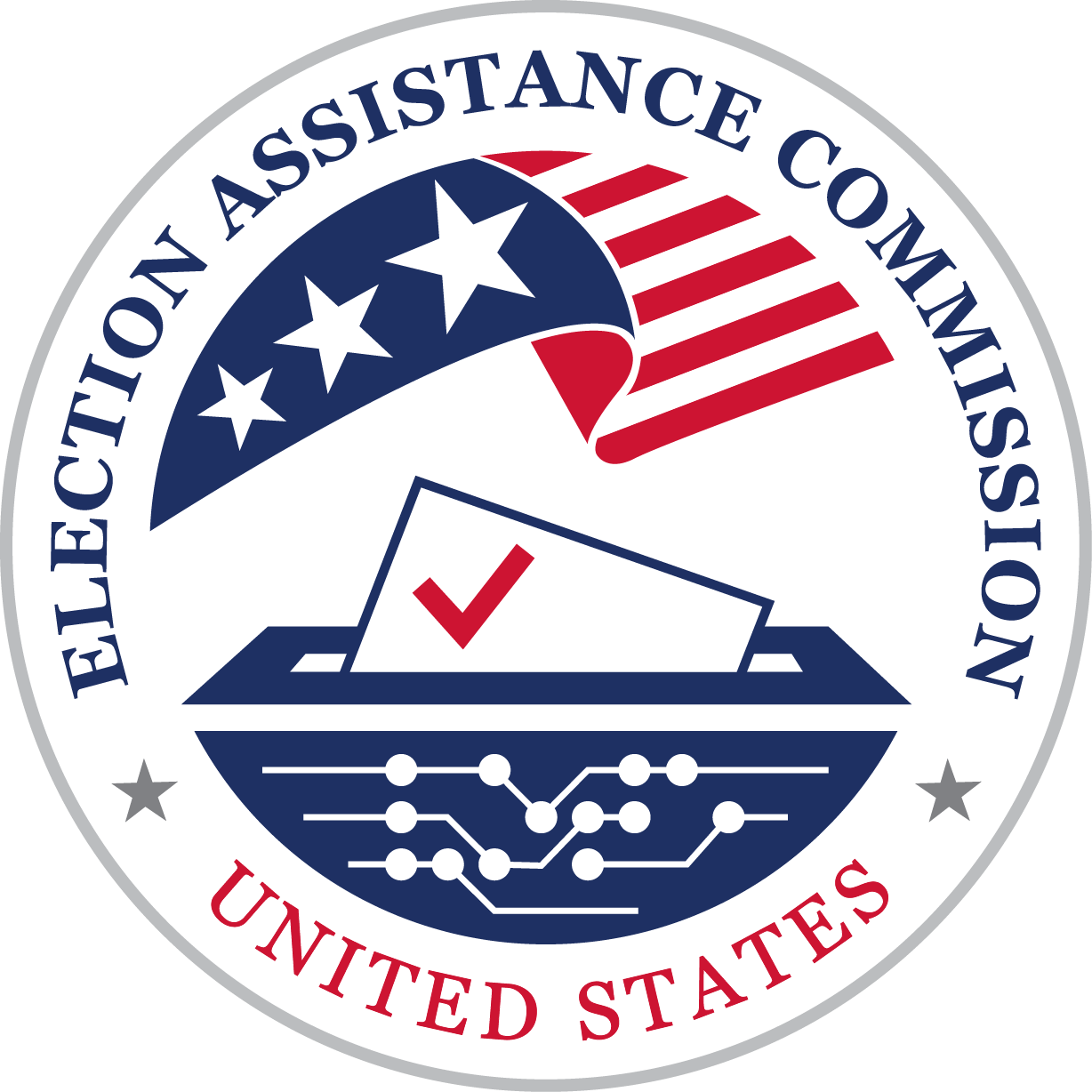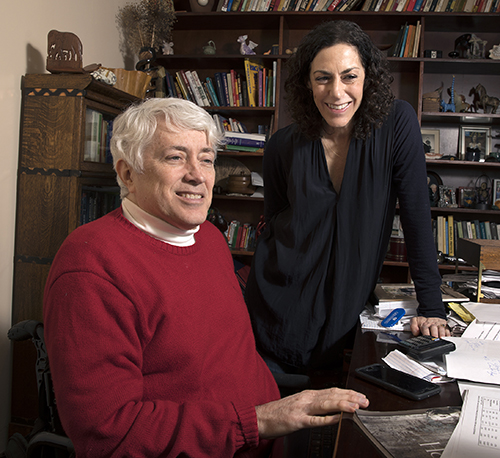

PISCATAWAY, N.J. (July 7, 2021) – People with disabilities made large gains in the historic voter turnout surge of 2020, according to a new report by the Program for Disability Research at Rutgers University and the U.S. Election Assistance Commission (EAC). Expanded access to  mail-in ballots pushed disability turnout to 17.7 million, up from 16 million in 2016.
mail-in ballots pushed disability turnout to 17.7 million, up from 16 million in 2016.
“Turnout increases when people with disabilities have more voting options. It’s not ‘one size fits all,’” said Professor Lisa Schur, Co-Director of the Program for Disability Research at Rutgers University. “Many states made it easier to vote during the pandemic, which particularly helped voters with disabilities."
The researchers analyzed data from the federal government’s Current Population Survey Voting and Registration Supplement for November 2020 to calculate disability turnout. They found:
- Nearly 62% of people with disabilities voted in 2020, up from 56% in 2016.
- That’s an increase of 6 points, outpacing the historic increase of 5 points among people without disabilities.
- Higher turnout was reported across all disability types and demographic groups.
- The turnout gap between people with and without disabilities was relatively unchanged.
- More than 53% of people with disabilities voted by mail, compared to 42% of people without disabilities.
- Just 26% of people with disabilities and 31% of people without disabilities voted at a polling place on Election Day.
- The 23 states that made it easier to vote by mail appeared to have a higher increase in disability turnout, though the difference is within the margin of error.
An estimated 1.95 million people with disabilities had trouble voting in 2020, but accessibility was significantly improved compared to previous elections. An earlier study, commissioned by the EAC under clearinghouse and research mandates outlined in the Help America Vote Act (HAVA), found:
- 11% of people with disabilities had trouble voting in 2020, down from 26% in 2012.
- 5% of people with disabilities experienced difficulties voting by mail, compared to 18% of those who voted at a polling place.
- Voters with disabilities were still almost twice as likely as voters without disabilities to report difficulties.

“Despite the barriers that people with disabilities face, they turn out to vote when motivated,” said Distinguished Professor Douglas Kruse, Co-Director of the Program for Disability Research at Rutgers University. “The decrease in voting difficulties over the past eight years is very positive and reflects well on efforts by the Election Assistance Commission and election officials, helping ensure that people with disabilities are fully included in our democracy.”
The EAC is encouraged by the reported decrease in barriers and increase in voter participation by people with disabilities. The data released today will help the EAC improve and inform resources and guidance materials while measuring the progress made by election officials as they serve voters with disabilities.
“Election officials across the country work hard to provide accessible options to voters as they register and vote. We are happy to see that progress is being made but there is still room for improvement for future elections,” said Donald Palmer, Chairman of the EAC. “This data is critical for officials as they consider new voting technologies, options for voters to cast a ballot, and as they address the growing accessibility needs of an aging demographic. The EAC is continually working to improve accessibility and to ensure an independent and private vote for all.”
Video
Click here to watch a virtual roundtable discussion about the report.
Press Contacts
Steve Flamisch
Rutgers Program for Disability Research
848.252.9011 (cell)
steve.flamisch@smlr.rutgers.edu
Kristen Muthig
U.S. Election Assistance Commission
202.897.9285 (cell)
kmuthig@eac.gov
About the School
The Rutgers School of Management and Labor Relations (SMLR) is the world’s leading source of expertise on managing and representing workers, designing effective organizations, and building strong employment relationships. SMLR’s Program for Disability Research studies the economic, social, and political inclusion of people with disabilities.
About the U.S. Election Assistance Commission
The U.S. Election Assistance Commission (EAC) was established by the Help America Vote Act of 2002 (HAVA). It is an independent, bipartisan commission charged with ensuring secure, accurate and accessible elections by developing guidance to meet HAVA requirements, adopting voluntary voting system guidelines, and serving as a national clearinghouse of information on election administration. EAC also accredits testing laboratories and certifies voting systems, as well as administers the use of HAVA funds. For more information, visit www.eac.gov.
###


